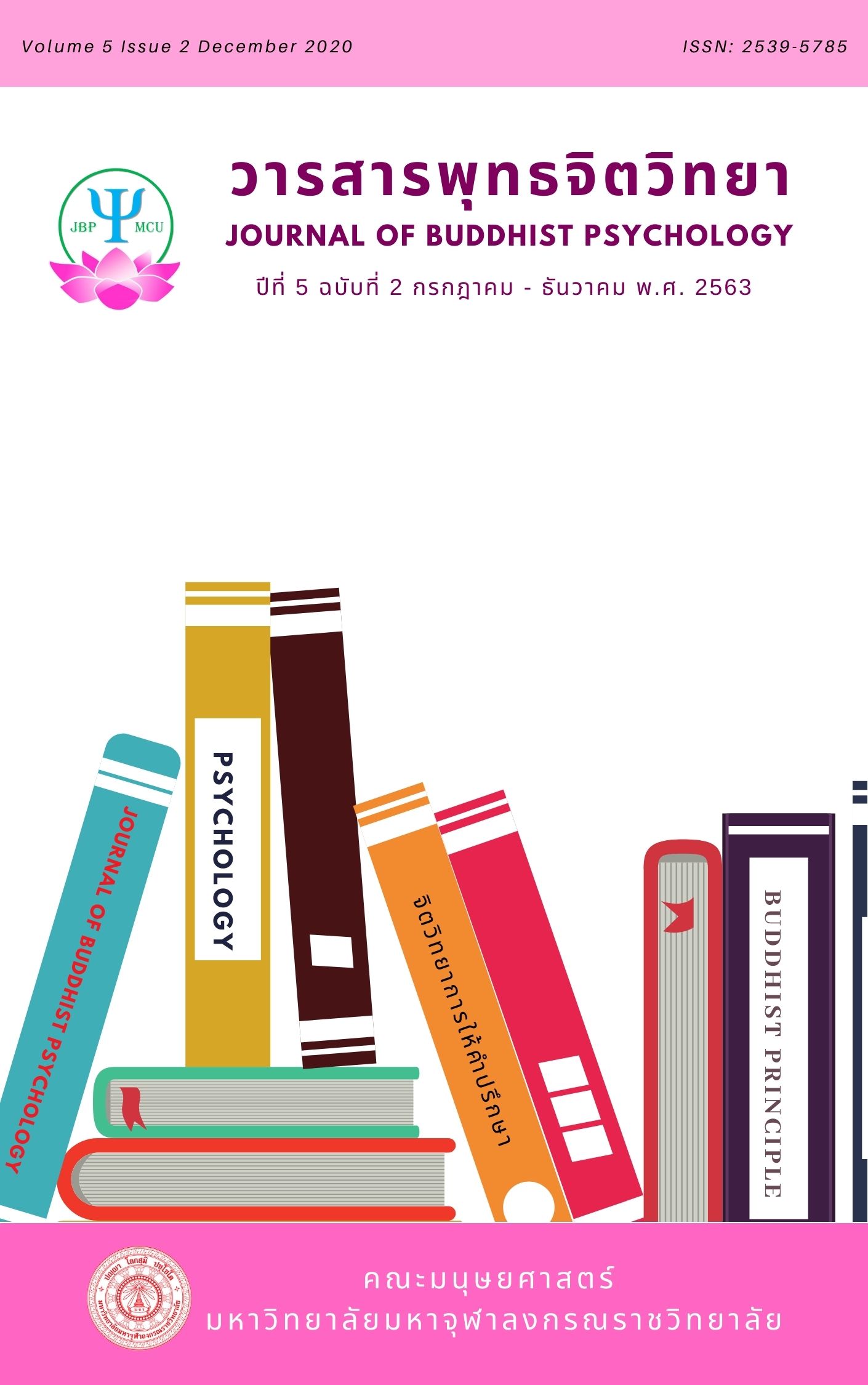The Study of Leadership Behavior and The Factors That Make a Leader in The Organization’s Culture in Thailand
Main Article Content
บทคัดย่อ
This study examines the various factors which have shaped Thai managerial behavior and exploring the influence of cultural. The basic reasons for studying cultural leadership is which leadership behavior or style can be influenced by cultural values, beliefs, education and personality. Thai culture is unique, to understand the Thai culture in Thai leadership style. This study investigates the key characteristics and nature of culture of Thai manager in Thai organizations. This study proposes that the new generation in the Thai organizations acts differently from the cultural stereotype from the literature in Thai culture and management.
The literature review examines leadership theories, leadership styles and organization culture in Thai organization. The literature review also focuses on Hofstede’s Cultural dimension in the Thai cultural context. The existing literature on leadership indicates that the leadership behavior of managers is an important factor for organizations. Each manage utilizes different techniques to control their staff to achieve organization goals. Therefore, this research focused on Thai leadership styles and the most criteria factors that make them become a leader. Moreover, this research also used Hofstede’s Cultural Dimension to identify the effects of Thai cultural influences of organization in Thailand.
The research used a qualitative approach from literature review and in-depth interviews with Thai managers who work in Thai organization that comprehensive answers from participants about their leadership behaviors and what are their factors to become a leader in their point of view. These findings further our understanding of the role of traditional leadership values in Asian contexts, emphasizing that such a leadership style generally involves support and relationship building rather than domination and coercion. The findings of this study have important implications for the development of leadership in Thailand and other developing countries where traditional leadership values prevail. Learning organization has been proposed as a fundamental strategic process creating sustainable competitive advantage for the future. Leadership is vital in facilitating learning organization. The objectives of the present study are to investigate the behavior of Thai leaders and find out the main factors that made them become a leader focusing in Thai organizations that are influenced by the local culture in various ways.
In the Global Leadership Forecast, Thai Leaders were asked to identify areas which they think are critical for effective leadership in Thailand. They also selected: creativity, organizational, strategy and good change management (Boatman, 2011). This suggest that Thai leaders are possibly lacking the critical characteristic necessary for them to succeed in their workplace and to make their organization more efficient and productive. Research shows that leaders who have been lacking in certain skills necessary to provide effective guidance for their employees are leaving their organizations vulnerable (Sternberg, 2007). Therefore, leadership development could potentially be needed in order to improve and expand creativity, strive for success and empathy. Nevertheless, Thai managers are known for taking actions into their own hands when it comes to leadership development. The number of leadership and management conferences in Thailand has been increasing every year. They range from student leadership development programs (EARCOS, 2013) to management leadership conferences (PRweb.com, 2013). Those events are attracting participants from all over the world resulting in great opportunity to learn and share knowledge among each other and develop effective leadership competencies and capabilities. Although the future of the leadership in Thai organizations looks bright, there is a need to take a look at the fundamental characteristics of effective leadership in Thailand.
Article Details

อนุญาตภายใต้เงื่อนไข Creative Commons Attribution-NonCommercial-NoDerivatives 4.0 International License.
เอกสารอ้างอิง
Bertrand M, Johnson S, Samphantharak K, & Schoar A. (2008). Mixing family with business: A study of Thai business groups and the families behind them. Journal of Financial Economics,88(3), 466-498.
Boatman J. (2011). Global Leadership Forecast 2011. Integration of trust and leader-member exchange. Leadership Quarterly,11, 227-250.
Dattner B. (2011). Re-enacting family dynamics in the workplace: Do you re-enacting family dynamics in the workplace?. Phychology today.
EARCOS. (2013). EARCOS Leadership Conference. Bangkok. Thailand.
Hofstede G. and Hofstede G. J. (2005). Culture and Organizations: Software of the Mind. McGraw-Hill. Sydney.
Kar R. (2013). If Executive Aren’t Engaged, Employees Won’t Be Either. Gallup Business Journal.
Ngamchockchaicharroen R. (2003). A Study of Organizational Commitment in Thailand. ASHRAE Journal (2002-2003). TRANE Thailand: 2-4.
Nelson, D. L., & Quick, J. C. (2006). Organizational behavior: Foundations, realities and challenges. (5th ed.). Mason, OH: South-Western.
Pimpa N. (2012). Amazing Thailand: Organizational Culture in the Thai Public Sector. International Business Research, 5(11), 35-42.
PRweb.com. (2013). Assesse Thailand Leadership Conference. PRweb Online: Visibility from Vocus.
Robbins Stephen P and Coulter M. (2005). Management. 8th ed. Pearson Prentice Hall: Sydney.
Roongrerngsuke S. & Liefooghe A.P. (2012). Unlocking Leadership in Thailand. Bangkok. Thailand: Nation News Network Co.,Ltd.
Schooley C. (2009). Retaining Those New. Young Employees You Hired. The E-learning Guild 2009 Annual Hathering. Orlando. FL: Forrester Research.
Sternberg R.J. (2007). A Systems model of leadership. American psychologist, 82(1), 34-42.
Yukl Gary. (2002). Leadership in Organizations. 5th ed. New Jersey: Prentice Hall. Upper Saddle River.
Zander, Ivo. (2002). The formation of international innovation networks in the multinational corporation: an evolutionary perspective. Industrial and Corporate Change, 11(2), 327-353.


